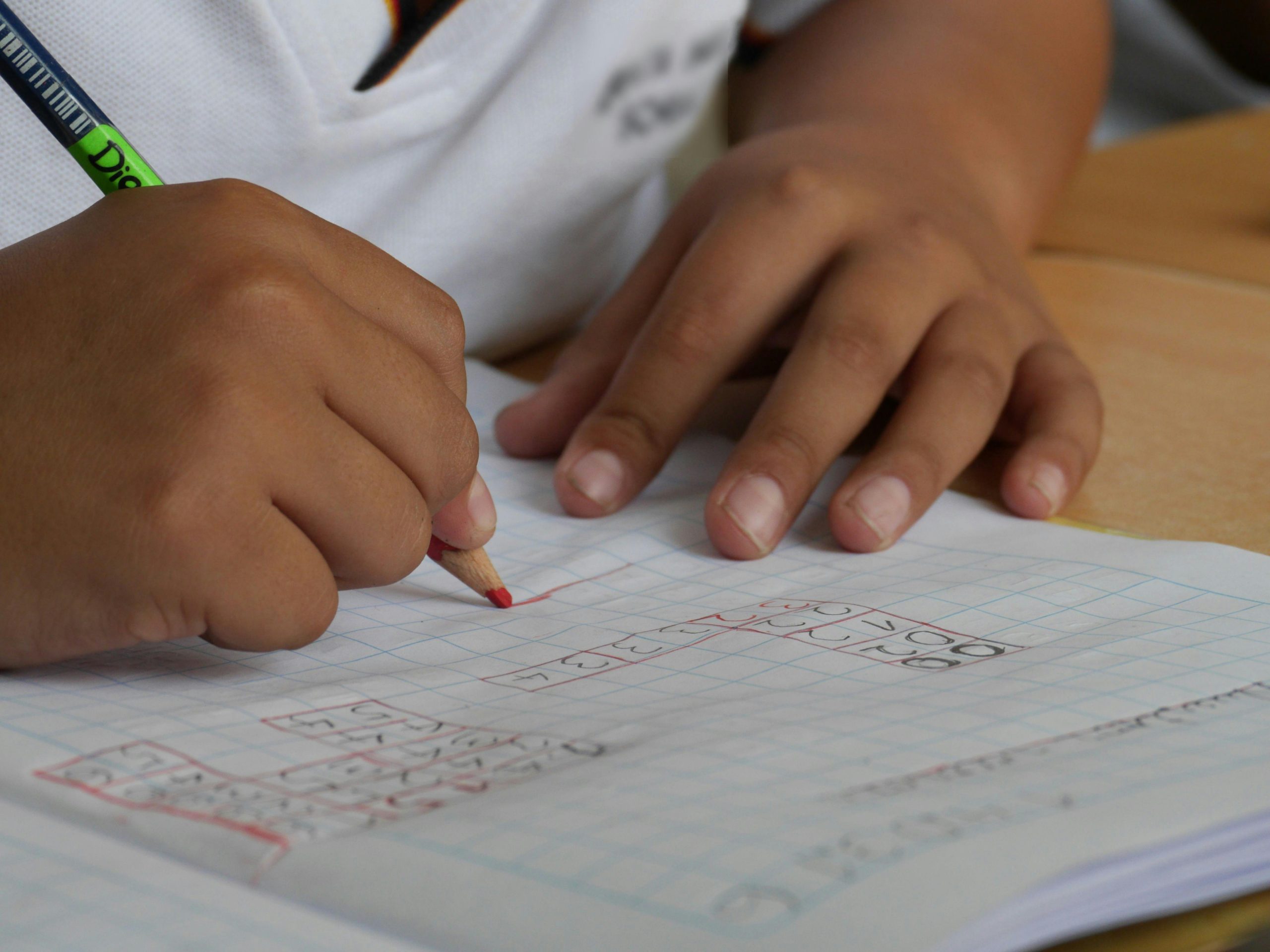Introduction
Preparing for JEE Mathematics is one of the toughest parts of the exam journey. With so many chapters, formulas, and problem types, revision can feel overwhelming. But smart and structured JEE Mathematics revision can make it much easier.
The key is not to study everything randomly but to revise strategically. By following a focused method, you can improve your accuracy, speed, and confidence in just a few weeks. In this guide, you’ll learn step-by-step how to revise JEE Maths chapters efficiently and make your preparation stronger than ever.
1. Understand the JEE Mathematics Syllabus Clearly
Before starting your JEE Mathematics revision, go through the syllabus carefully. Identify which chapters carry more weightage in exams.
-
High-weightage chapters: Calculus, Coordinate Geometry, Algebra
-
Moderate chapters: Probability, Vector, and Trigonometry
-
Low-weightage chapters: Sets, Relations, and Statistics
Create a checklist and mark chapters as “Strong”, “Average”, or “Weak”. This helps you plan your revision time efficiently. When you know what to focus on, you waste less time on topics that need minimal review.
2. Make a Realistic Revision Schedule
A good JEE Mathematics revision plan should balance concept review, problem-solving, and mock tests. Instead of studying for 10 hours in one go, break your day into productive blocks.
Sample Revision Routine:
-
2 hours: Revise theory and formulas
-
2 hours: Solve practice questions
-
1 hour: Analyze mistakes from previous tests
Use the Pomodoro technique — 50 minutes of study followed by a 10-minute break. It keeps your brain focused and prevents burnout.
3. Create Chapter-wise Formula Sheets
Mathematics depends heavily on formulas. Keep a formula sheet for each chapter. For example:
-
Trigonometry: Identities and angle relationships
-
Calculus: Differentiation and integration shortcuts
-
Coordinate Geometry: Equations of lines, circles, and conics
Review these sheets daily. Write them by hand for better memory retention. During the final week of your JEE Mathematics revision, these sheets become your go-to quick guides.
4. Use Concept Maps and Visual Learning
Visual tools like mind maps or flowcharts make it easier to remember relationships between formulas and concepts. For instance, link integration formulas with their differentiation pairs.
When revising geometry, draw diagrams for different cases and label all key parameters. This method strengthens both understanding and recall.
5. Solve Previous Year Questions (PYQs)
PYQs are the most reliable sources to understand JEE patterns. Solve at least the last 10 years of questions. During JEE Mathematics revision, categorise them chapter-wise.
You’ll notice repetitive question types — that’s where you can earn quick marks. Keep track of chapters where you often make mistakes and revisit them regularly.
6. Balance Easy and Difficult Topics
Many students revise only their strong topics, which limits improvement. During JEE Mathematics revision, mix topics strategically.
For example:
-
Revise Coordinate Geometry (moderate)
-
Then switch to Probability (tougher)
-
End with Trigonometry (easier refresher)
This approach keeps your study sessions balanced and engaging.
7. Take Topic-wise and Full-Length Mock Tests
Once you finish revising 3–4 chapters, take topic-wise tests to check your retention. As your preparation advances, include full-length mock tests weekly.
Simulate real exam conditions:
-
Set a 3-hour timer
-
Avoid interruptions
-
Use only allowed resources
Analyse your test after completion. Note down every mistake and revise those topics again. Over time, your accuracy and speed will improve significantly.
8. Focus on Time Management
Time management is the backbone of successful JEE Mathematics revision. Practise solving questions under time pressure. For every chapter, set time goals.
Example:
-
Algebra: 25 questions in 40 minutes
-
Calculus: 20 questions in 35 minutes
This helps you manage exam time better and avoid panic during the actual test.
9. Revise Regularly and Revisit Mistakes
Don’t let a week pass without revision. Allocate one day per week purely for reviewing old chapters. Maintain a “Mistake Notebook” where you write down every error made in mock tests.
Before your final JEE Mathematics revision, go through this notebook — it’s the fastest way to correct repeated errors.
10. Stay Consistent, Positive, and Healthy
Consistency is more important than long study hours. Even 2–3 hours of daily focused JEE Mathematics revision beats one long unproductive day.
Stay healthy, eat light, and sleep well. Avoid distractions from social media or multitasking. A calm and confident mind performs far better in problem-solving.
Conclusion
Smart JEE Mathematics revision is about focus, consistency, and feedback. When you plan your chapters properly, practise regularly, and review mistakes carefully, you’ll notice a big boost in accuracy and speed.
Remember, JEE success isn’t about studying more — it’s about studying smart. Stick to your plan, stay confident, and your hard work will turn into top scores.
Also Read : Conceptual Strength in JEE Chemistry: How to Build It Effectively


